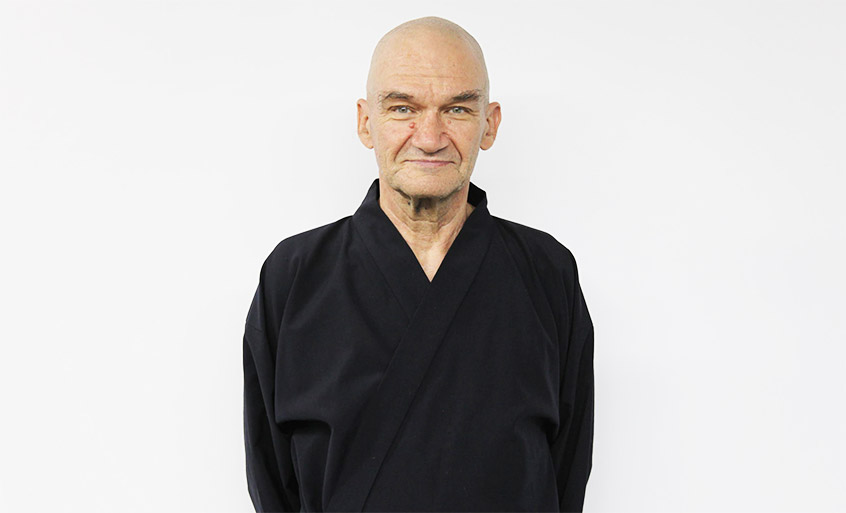You are invited to a lecture on November 13 by Thomas Yuho Kirchner, professor at the International Research Institute for Zen Buddhism, Hanazono University and caretaker of the 天龍寺 Tenryū-ji in Arashiyama, Kyoto. This lecture will focus on the Buddhist view of the nature of reality. In explaining the most basic concepts, Yuho Kirchner will offer an analysis of the formula known as the Three Marks of Existence. These three features that characterize all phenomena are known as dukkha (suffering), anitya (impermanence), and anatman the Non-Self. Kirchner considers these concepts have been more often than not misunderstood by western audiences. Therefore, he argues that if properly analyzed they are not to be taken as negative formulations; instead, they offer a very rich and positive source of understanding of the human condition. This, of course, comes with important implications for spiritual practice. This is the fourth installment in the “TUJ Philosophy Lecture Series,” organized by Adjunct Professor Jordanco Sekulovski.
The TUJ Philosophy Lecture Series is a non-profit forum of Temple University, Japan Campus (TUJ) for the promotion of critical thinking. The lectures are free, open to the public, and feature speakers from universities around the world. The lecture series is a great way to learn about recent research in philosophy and in the humanities as a whole.
- Date:
- Monday, November 13, 2017
- Time:
- 19:00–20:30 (doors open at 18:30)
- Venue:
- Temple University, Japan Campus, Azabu Hall, 1F The Parliament Student Lounge
- Admission:
- Free
- Language:
- English
- Registration:
- Not required
For more information, contact tujresearch@tuj.temple.edu
About the Lecturer
Thomas Kirchner was born in Baltimore, Maryland in 1949. He came to Japan in 1969 and attended Waseda University in Tokyo for a year and then remained in Japan to study Buddhism. He spent three years training under 山田無文 Yamada Mumon (1900-1988). In 1974 he was ordained and given the name 釋 雄峰 Shaku Yūhō. Following ordination, he practiced under Minato Sodō Rōshi (1912–2006) at Kenchō-ji in Kamakura and Kennin-ji in Kyoto. Following graduate studies in Buddhism at Otani University, he worked at the Nanzan Institute for Religion and Culture in Nagoya and subsequently at the Hanazono University International Research Institute for Zen Buddhism. He also serves as caretaker of the 天龍寺 Tenryū-ji in Arashiyama, Kyoto.

